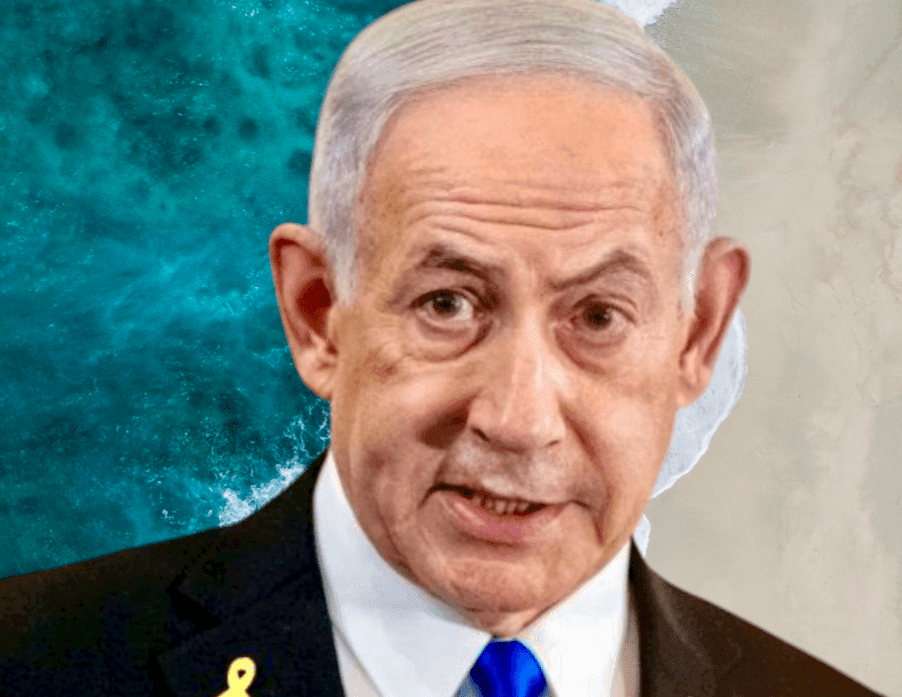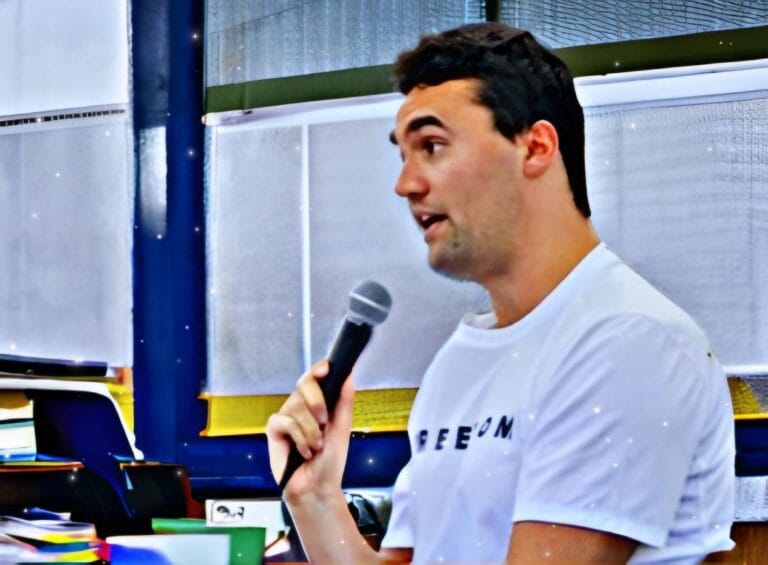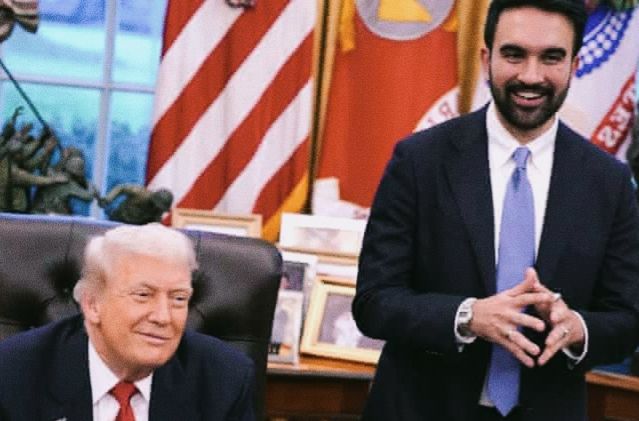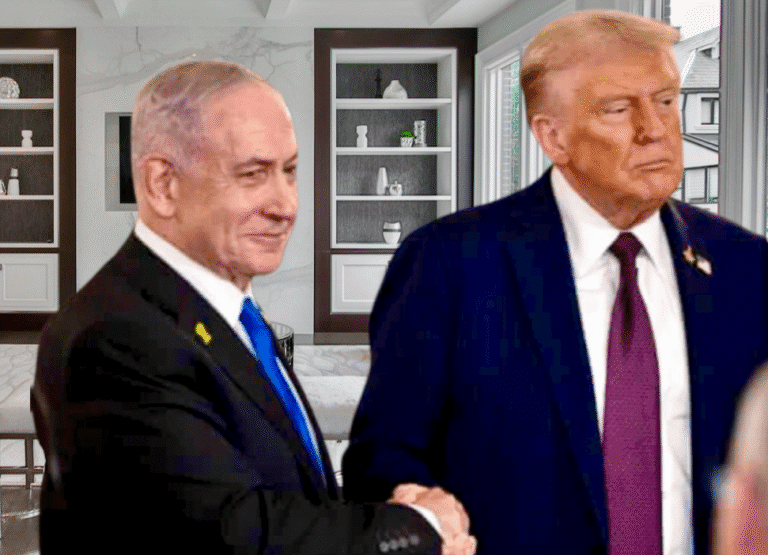
While holding ceasefire negotiations, Israeli Prime Minister Netanyahu intends to take control of Gaza City. Examine the strategy’s effects on the world, politics, and humanitarian issues.

While his government negotiates a ceasefire with international mediators, Israeli Prime Minister Benjamin Netanyahu has declared plans to proceed with a military operation to capture Gaza City.
There has been much discussion about Israel’s strategy, the future of hostage negotiations, and the humanitarian crisis already engulfing the region as a result of this dual approach, which seeks both military escalation and diplomatic dialogue.
A Conflicting Strategy
Netanyahu’s security cabinet, on the one hand, is getting ready for a more aggressive military campaign with the stated objective of gaining control of Gaza City, a major Palestinian stronghold. However, it has been reported that regional and international powers are mediating ceasefire talks in which Israeli representatives are taking part. These two strategies, according to critics, send contradictory messages.
A long-term truce may be more difficult to attain if talks are pursued while planning a significant urban operation. Netanyahu’s supporters, however, assert that the action is required to keep pressure on Hamas and other militant organizations and guarantee that Israel’s security interests are not neglected.
Impact on Ceasefire Negotiations
The Gaza City plan’s timing is especially important. The main goals of the negotiations have been to secure the hostages’ release and create a framework for the distribution of humanitarian aid. Analysts caution that militants may completely withdraw from negotiations if Israel moves forward with an urban offensive during ongoing talks, which could prolong the conflict.
The United States and the Arab states in the region are keeping a close eye on the situation, according to diplomatic observers. Many worry that the delicate momentum of peace efforts could be sabotaged by an aggressive military move.
Humanitarian Risks
There would be severe humanitarian repercussions if Gaza City were to be taken. Due to food shortages, damaged infrastructure, and a lack of medical supplies, hundreds of thousands of civilians live in the city’s densely populated areas in already terrible conditions.
Increased fighting, according to international aid organizations, may result in widespread displacement, put additional stress on already overcrowded shelters, and worsen the humanitarian crisis already underway. Civilian safety remains one of the most pressing concerns, and global voices are urging both restraint and prioritization of humanitarian corridors.
Political Calculations Behind Netanyahu’s Move
According to political analysts, Netanyahu may also be targeting domestic audiences with his dual strategy. The Israeli leader may be trying to strike a balance between calls for diplomacy from international allies and pressure from hardline factions by taking a tough stance on Gaza while also taking part in ceasefire negotiations.
The operation in Gaza City might be seen by Netanyahu as a show of strength that would boost his domestic political standing. But this delicate balancing act runs the risk of offending allies overseas, especially those who advocate for long-term conflict resolution and de-escalation.
International Reactions
There have been differing reactions around the world to Netanyahu’s announcement. Some Western governments acknowledge Israel’s right to defend itself but urge caution against large-scale urban warfare. Regional players worry that such a move could reverse weeks of delicate negotiation progress, especially Egypt and Qatar, which have been at the center of mediation efforts.
Additionally, human rights organizations are stepping up their demands for international supervision, cautioning that in the absence of accountability, the number of civilian deaths could sharply increase.
The Path Forward
The next few weeks will make all the difference. The outcome could change not only the dynamics of the conflict in the short term but also the long-term chances for regional peace if Israel moves forward with the Gaza City plan while ceasefire talks are ongoing.
Observers concur that the situation requires careful management, striking a balance between political goals, humanitarian commitments, and security requirements. It remains to be seen if Netanyahu can successfully negotiate this difficult nexus between diplomacy and war.
“I am Sunny Kumar, the founder of WorldWideNews.fun. I started this platform with a passion for journalism and the aim to provide readers with unbiased, fact-checked, and fast news. Over the years, I have gained experience in digital journalism, blogging, and content research. My goal is to make WorldWideNews a reliable source of updates on technology, entertainment, politics, and international news





